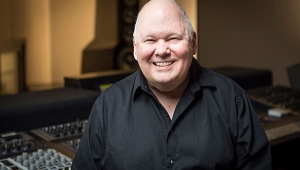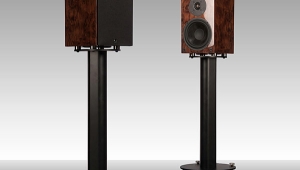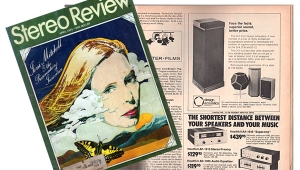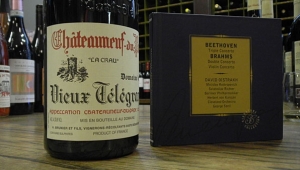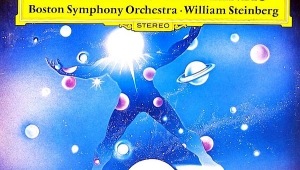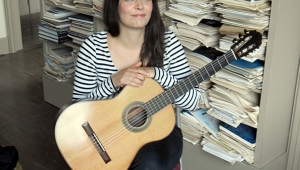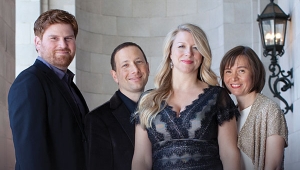| Columns Retired Columns & Blogs |
In John Marks' otherwise excellent column, he repeats misinformation about Cuba's policy toward and treatment of homosexuals. Based on a 26-year old film, he makes a totally unsupportable and untrue statement - that the present-day Castro regime imprisons and tortures homosexuals. Nothing could be further from the truth.
Official Cuban policy is totally supportive of lesbians, gays, and transgenders. Mariela Castro, daughter of Cuban President Raul Castro and head of Cuba's National Sex Education Center, has spearheaded a huge campaign among the populace about the need to treat lesbians and gays as equals. There was even an officially sanctioned gay rights march in Havana in 2009. Transgenders (some of whom are homosexual) are not only afforded the same free medical care as everyone else, but can also receive gender reassignment surgery after two years of counseling and preparation.
Cuba's former President, Fidel Castro, publicly apologized last summer for the repression of homosexuals in the early days of the Cuban revolution, and called it "a great injustice." It was. But that was before the 1993 Cuban film, Strawberry and Chocolate, and the documentary In the Wrong Body instigated a nationwide discussion of historic attitudes toward homosexuals and the need for change. Although Cuba has yet to sanction same-sex marriage, same sex civil union legislation is currently being debated in the Cuban parliament. All things considered, Cuba's official policy toward homosexuals is light years ahead of state policy in many parts of the world.
 More Great Lauridsen
More Great Lauridsen

